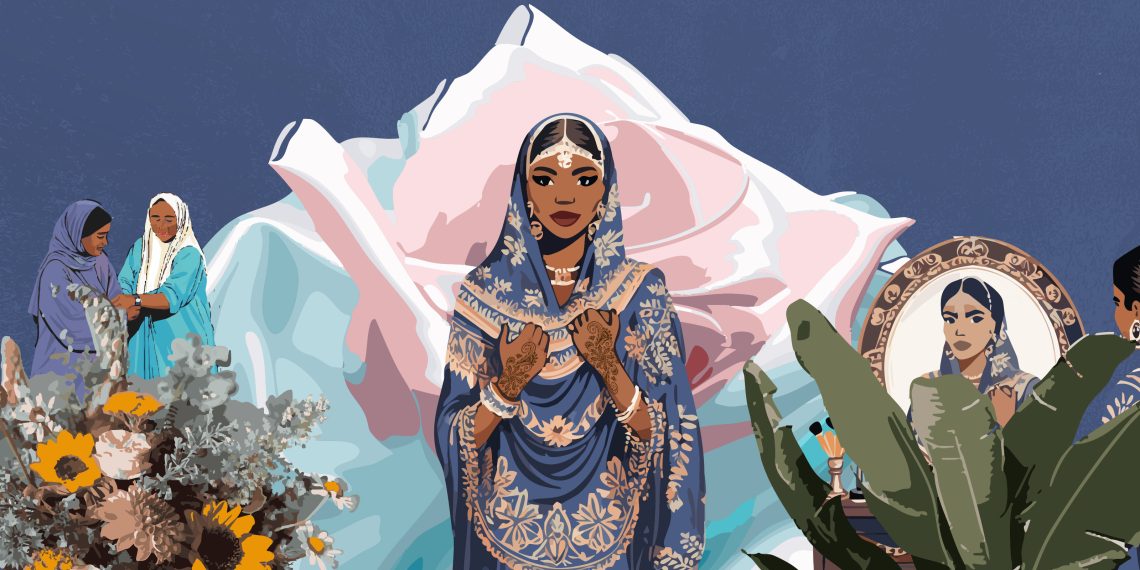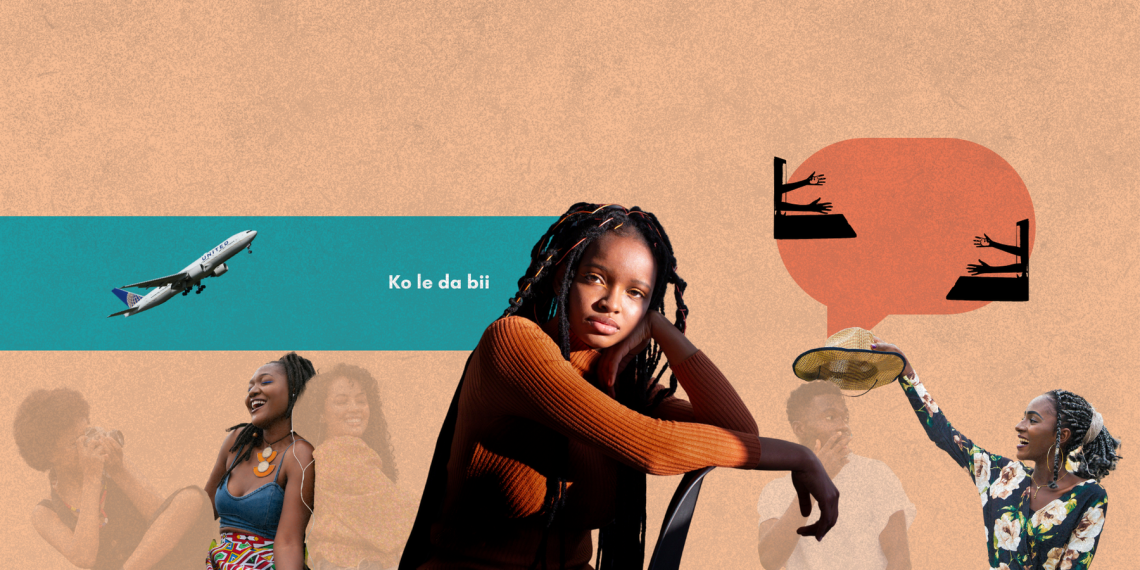Culture & Society
A Conceptual Show Bringing Back the Originality of African Art
At a time when art is becoming more detached and exhibitionist, ‘Whispers of Power’, a live performance by Kenya-based musician, Liboi, staged at Nairobi’s Sarakasi Dome, counters this trend by creating an environment where the audience is an integral part of the performance. Read More...
‘A Writer Who Has Nothing to Say Has Nothing to Write’ Otosirieze Obi-Young’s First Draft
Founder and editor of Open Country Mag, Otosirieze Obi-Young, believes African writers are not credited enough as innovators for their adaptiveness to solving problems on the page: ‘When Damon Galgut flits between the first- and third-person in one sentence in his book, “In a Strange Room”, the acknowledgement never transcends book reviews into literary culture essays or lists.’ Read More...
How ‘Ojuelegba’ Took Wizkid to the World
Ten years after its release, Wizkid’s ‘Ojuelegba’ endures as the anthem that connected Lagos to the world, and the propeller for Wizkid’s international rise. Read More...
Everything in Nigeria Leaves a Stain
In the heart of London, as Tosin’s fingers delicately braided my hair, our thoughts wove together images of Lagos—its chaotic vibrancy, the relentless yearning for home, and the indelible marks Nigeria leaves on everyone and everything. Read More...
7 Books That Will Make You Question Everything You Know About Literature
In our latest book recommendation, we have compiled a list of seven books that will make you question everything you know about literature. From a plotless novel to a novel written in verse, the books on this list push the boundaries of possibilities in literature, making for a refreshing reading experience. Read More...
‘Research Is My Favourite Part of Writing’ Osione Oseni-Elamah’s First Draft
Nigerian writer and Republic’s business and economics editor, Osione Oseni-Elamah, says it is disheartening that many people still refuse to listen to the communities most affected by climate change: ‘I came across an article about the Niger Delta floods in which residents attributed rising water levels to climate change and pollution. Disturbingly, several commenters dismissed these claims, questioning how villagers could understand climate change.’ Read More...
How October 1 Became a National Treasure
Ten years since its release, Kunle Afolayan’s October 1 remains a brilliant cinematic exercise at using Nigeria’s independence story to investigate deeper, systemic issues rooted in our country’s colonial experience. Read More...
7 Books to Help You Understand Nigeria Today as the Country Turns 64
In our latest book recommendation, we have compiled a list of books that will help you understand Nigeria today as the country turns 64. From Chinua Achebe’s timeless critique of leadership failures to Ayọ̀bámi Adébáyọ̀’s nuanced exploration of modern Nigerian life, these books provide insightful perspectives on Nigeria’s past, present, and future. Read More...
7 Nigerian Writers and the Topics They Like Reading About
In our past First Draft interviews, we asked Nigerian writers such as ’Pemi Aguda, Wardah Abbas, and Dami Ajayi about the topics they like reading about. Here’s what they told us. Read More...
Listening to Five Years of Burna Boy’s ‘African Giant’
Five years after its release, Burna Boy’s fourth studio album, African Giant, continues to resonate with listeners. Has it earned its place as a modern classic? Read More...
















